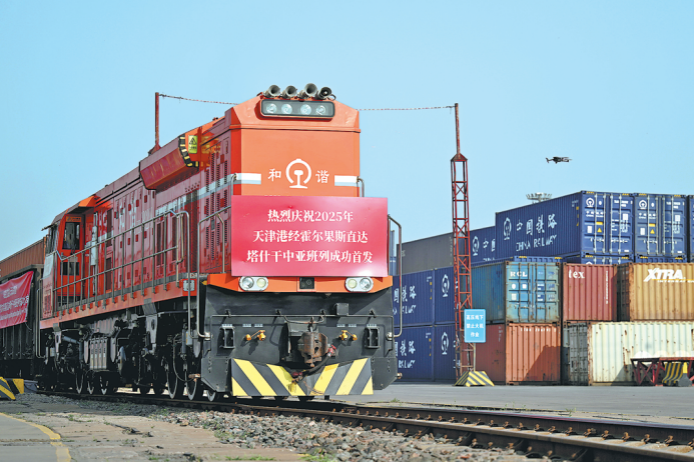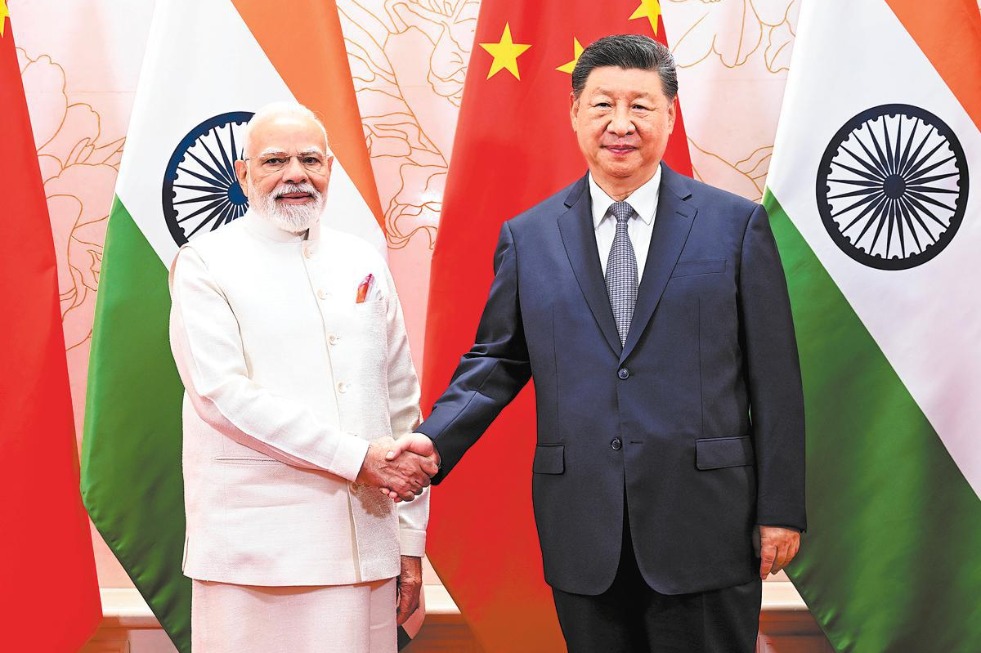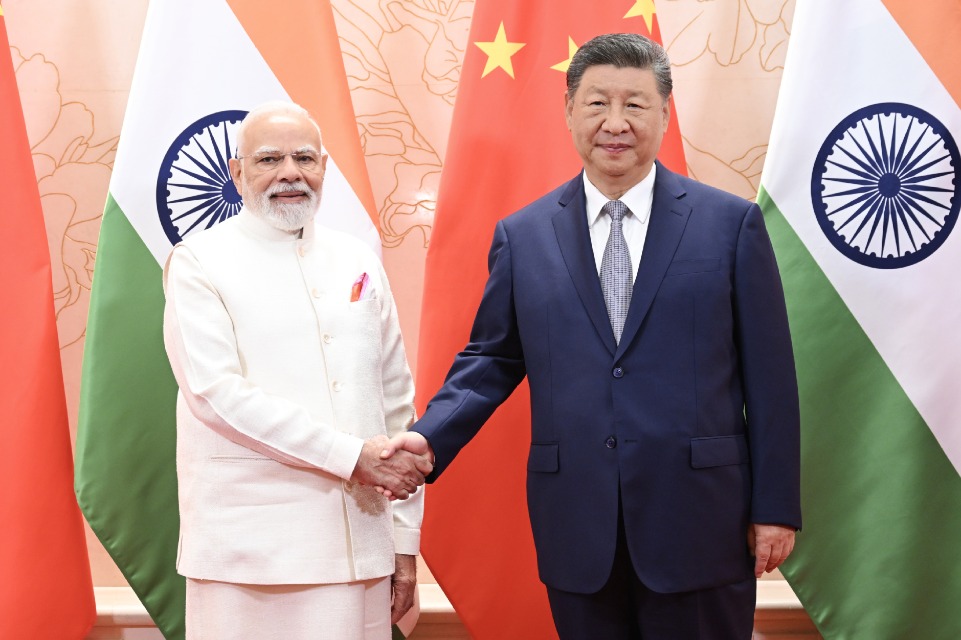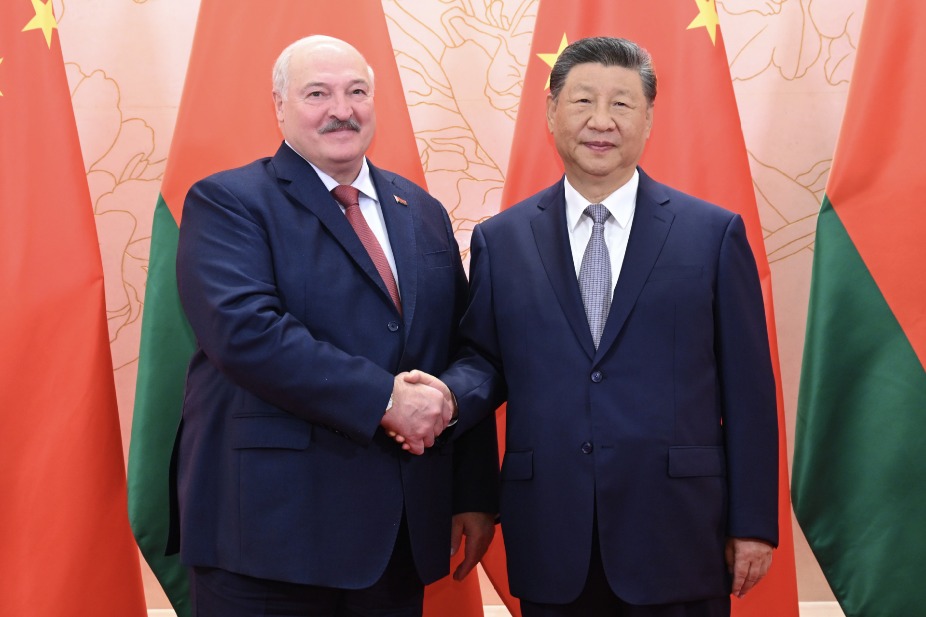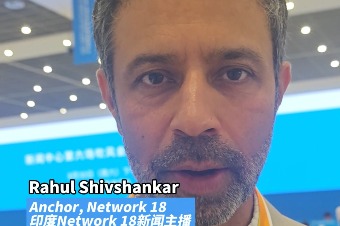China's evolving coffee biz percolating

KUNMING — The challenge appeared almost insurmountable. It required brewing into a single cup of coffee the spirit of China's revolutionary struggle, meaning a fusion of the sacrifice, resilience and hope that defined those momentous years.
For Zhang Shaoxiong, a technician sweltering in protective gear at Yunnan Comeng Industry Co Ltd (Comeng Coffee) in Baoshan, Southwest China's Yunnan province, this quest meant sifting through dozens of locally produced beans, conducting over 100 painstaking blending trials and tweaking roasting processes.
His ultimate creation — The Age of Awakening — is a richly layered, mellow yet profound thematic coffee that resonates emotionally and is much more than just a co-branded release by the Baoshan Coffee Association and the Memorial Hall of the First National Congress of the Communist Party of China in Shanghai last year. This blend of coffee also symbolizes the precision now demanded by China's soaring coffee culture, formalized in July by a new profession — State-certified coffee processing technicians.
In a nation famed for tea, a new generation of technical artisans now manipulates chemistry to turn humble coffee beans into liquid sonatas, powering an industry surging toward a 1-trillion-yuan ($140 billion) value.
The task of a State-certified coffee processing technician, one of 17 new professions recognized by the Ministry of Human Resources and Social Security, is officially defined with scientific specificity — practitioners convert coffee cherries into green-roasted beans, final products or derivatives by operating coffee processing equipment.
The formalization of this profession demonstrates the maturation of China's coffee market and signals the sector's impending transition toward specialized, precision-oriented development.
But for Zhang, what people see as simple roasting or grinding is just the tip of the coffee iceberg. "Coffee processing technicians are actually multiskilled flavor masters," he said.
"Our craft requires intimate knowledge of each bean's 'birth certificate', razor-sharp sensory evaluation skills to dissect acidity, body and aftertaste across dozens of scenarios, and the ability to harness chemical reactions for targeted flavors," Zhang said, adding that rigorous quality control and data-driven analytics guarantee product consistency and safety.
The pinnacle of a coffee processing technician's craft lies in precision blending — harmonizing bean varieties to create profiles that balance technical excellence and emotional resonance, much like Zhang's iconic revolutionary roast.
This specialization drive, notably, isn't about boutique indulgence but rather economic necessity. China's coffee thirst is accelerating, with per capita consumption frequency surging from 5.6-fold annually in 2023 to sevenfold in 2024, with annual per capita consumption rising to 22.24 cups, fueled by domestic brands and diversified palates, said an industry development report released at the opening ceremony of the 2025 Shanghai International Coffee Culture Festival in late April.
The market ballooned to 789.3 billion yuan in 2024 and is projected to exceed 1 trillion yuan in 2025, said market research firm iiMedia Research. There are more than 248,000 coffee-related enterprises operating across China, with new registrations jumping 16.8 percent year-on-year in the first half, statistics from the business info platform Tianyancha revealed.
Experts said that as coffee consumption grows steadily, the industry's professionalization accelerates, evidenced by new specialized roles that naturally arise during this development stage.
Xinhua
Today's Top News
- Xi addresses SCO summit meeting in China's Tianjin
- Xi chairs SCO summit meeting in China's Tianjin
- 'Shanghai Spirit' should be advanced with new vitality
- Xi, leaders engage in high-level talks
- Xi cements neighborly bonds with SCO friends
- Kyrgyzstan, China deepening strategic partnership in a new era

















